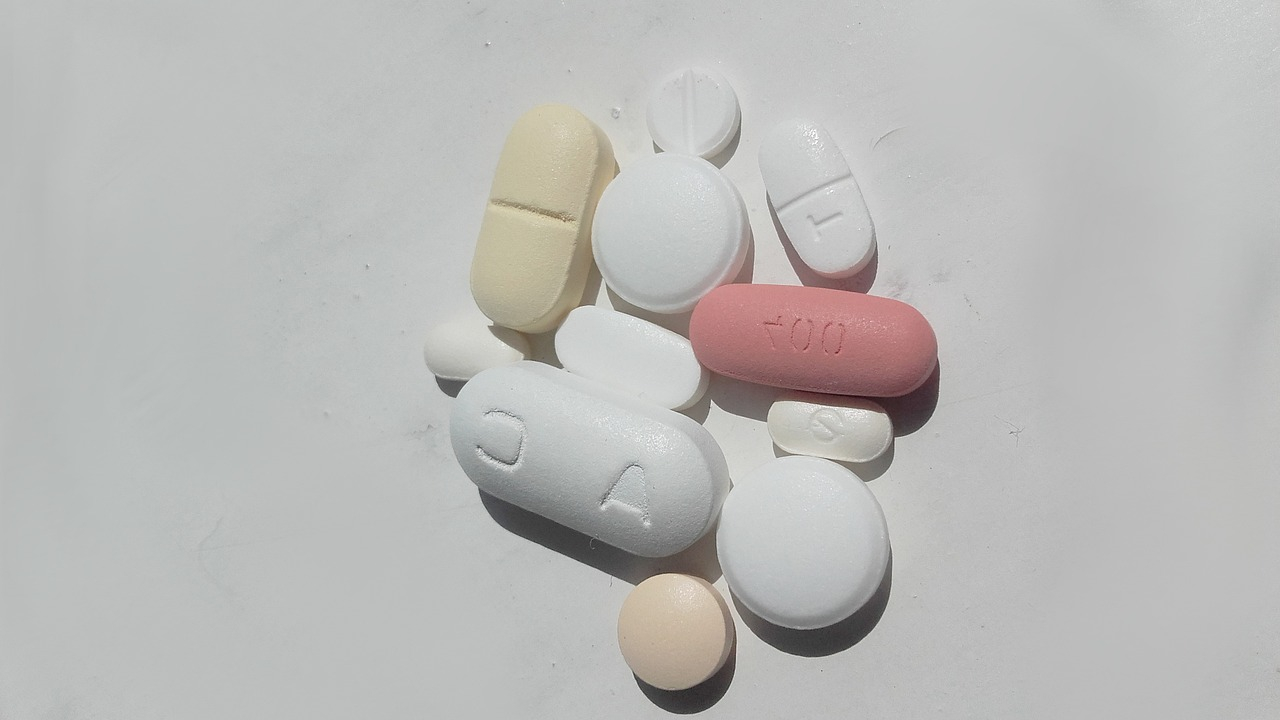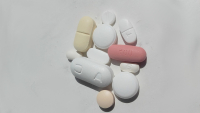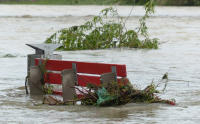Capital's Security on the Edge
The level of violence on the streets of Port-au-Prince has reached a new peak as armed gangs launched an assault on the National Palace and set fire to parts of the Ministry of the Interior. These recent events underscore the severity of the situation: the international airport remains shut, and Prime Minister Ariel Henry, attempting to return to the country, could not even land on Haitian soil. Meanwhile, at the request of the U.S. State Department, an operation was carried out to enhance the security of the U.S. embassy in Port-au-Prince. This situation also influenced the European Union's decision to evacuate all its diplomats from the country.
Humanitarian Crisis Deepens
Haiti is grappling not only with street violence but also with a profound humanitarian crisis. The situation at the State University of Haiti Hospital, known as the general hospital, is particularly dire. The absence of medical staff, patients waiting in vain for treatment, and unremoved corpses paint a picture of the total collapse of the healthcare system. Meanwhile, residents, trapped in the turmoil, must fight for survival in a country where gangs have taken control, and the chance for a normal life seems impossible.
This country, once filled with hope and dreams of a better future, now struggles with seemingly insurmountable problems. Efforts to stabilize the situation and restore order face continuous obstacles, and international aid seems insufficient in the face of the scale of the problems.
Haiti at a Crossroads
Haiti, exemplifying a country engulfed in chaos and violence, faces the challenge of rebuilding and finding a path to stability. In the current situation, travel to this country is highly discouraged, and the international community is faced with the daunting task of supporting Haiti in overcoming its crisis. This serves as a cautionary tale of the importance of global engagement in assisting countries afflicted by conflicts and crises, to avoid humanitarian tragedies on such a large scale.




















